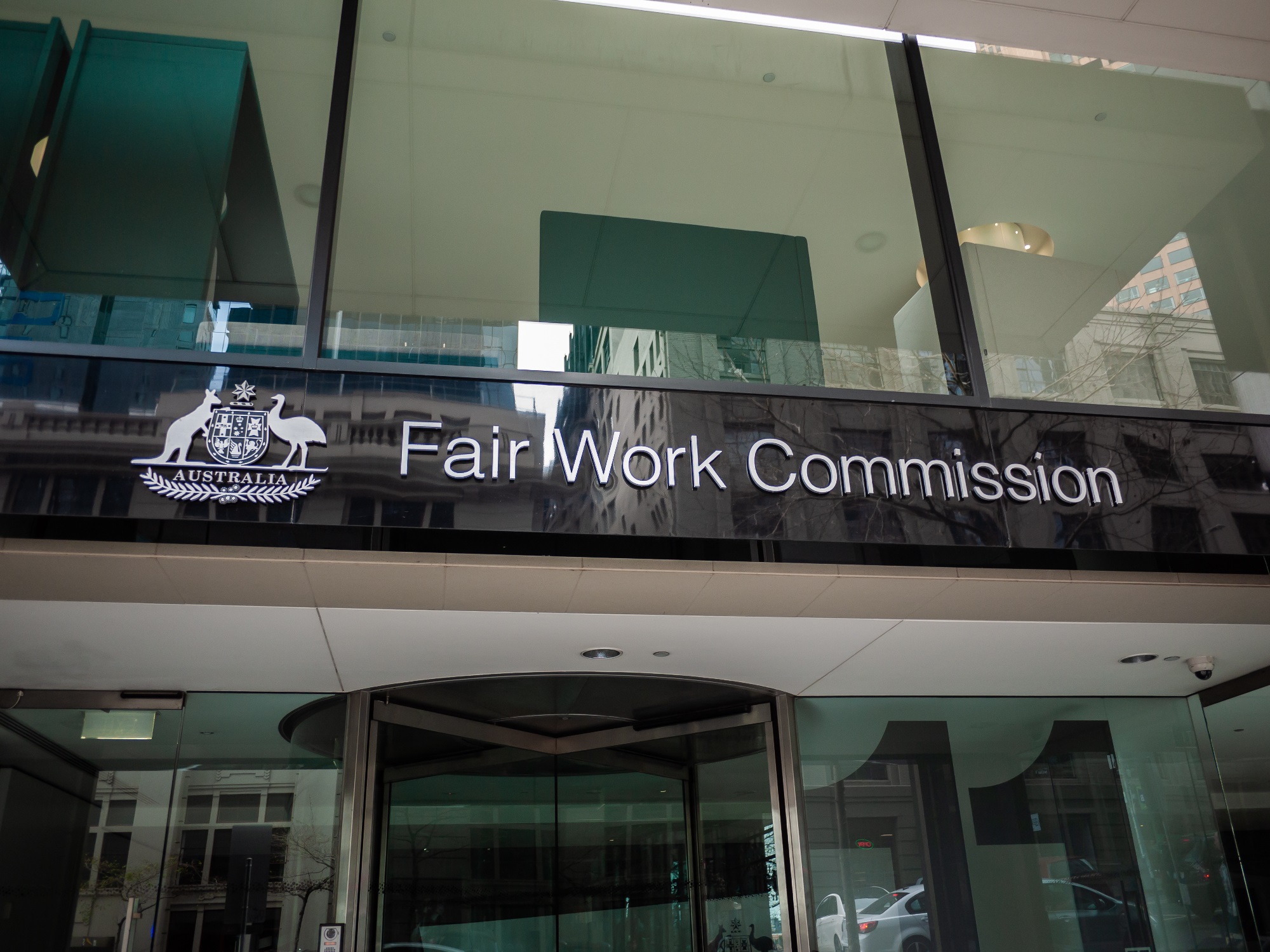It is common for businesses (particularly those in the service industries) to experience bullying and harassment when interacting and dealing with complaints from customers and other non-employee workplace participants in the business.
This can cause stress and anxiety for staff in the work environment.
These issues have come to the forefront as businesses continue to respond to the COVID-19 pandemic by implementing their own policies and procedures for ensuring a safe place of work - and also by ensuring that public health orders are complied with.



![How workers can avoid statutory limits on damages: Employers have real risks of uncapped damages, but SIRA/ICARE policies may still respond (Leggett v Hawkesbury Race Club Limited (No 4) [2022] FCA 622)](/upload/holman-webb-lawyers/shutterstock152737355-workplace-bullying.jpg)
